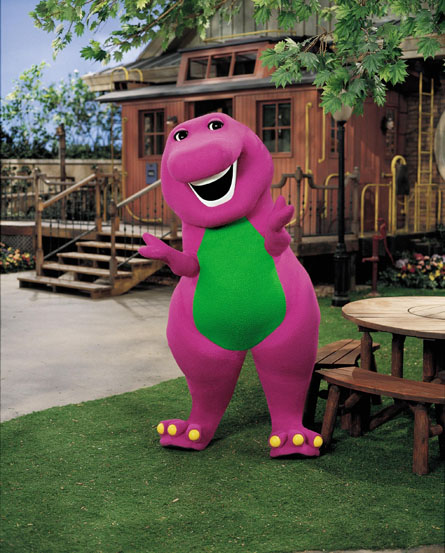Class #2 – Opportunity Recognition (April 6th): For the blog, please reflect and share the insights you encountered while doing Opportunity Recognition. Secondly, look around you for more opportunities that you can solve.
Opportunity recognition was a great experience yesterday.
Some quick (b/c I don’t want to repeat) observations:
- Partners generally seemed to have converging ideas. Just like we all got stuck using our hands to communicate our birthdays at the start of class, it seemed that some groups got stuck in a particular mode while prototyping. Not necessarily a bad thing, just something to be aware of.
- Disconnecting from your own personal biases is easier said than done.
- Wild ideas CAN inspire awesome & practical results.
- The framing of the project can have a huge effect on the outcomes. How individuals felt about the materials or how they defined what a name tag is completely shaped their end result.
- Problems and opportunities are everywhere.
- I think someone on the teaching team should dress up as Barney and we should sing choreographed songs while doing future crafts…I’m just saying.
Specific example and the effortless solution:
I hate unnecessary noise. Vinita, Emmanuel, and I are at lunch near the CoHo Tuesday after class on that concrete with all the pebbles embedded in it and someone walks by rolling one of those trashcans on wheels. It sounded like NASA was doing some rocket testing nearby. I pointed out my annoyance. Vinita said they should make the wheels out of rubber – we agreed. But no more than 2 seconds later a skateboarder quietly rolled by on hard plastic wheels. A solution presented itself without any effort on our parts. All we had to do was keep observing and we got a freebie.
High level opportunity recognition:
Randy Komisar gave today’s ETL and I wanted to tie in some of his ideas from Getting to Plan B into my discussion of opportunities to solve. By analyzing analogous markets/products, you can learn a lot about the potential success of your own product. Regarding the iPod: Did Apple have to test whether people would listen to music with headphones in a public setting in an anti-social way? Not really – Sony had already done this testing with the Walkman a decade before (freebie!). Did Apple have to figure out whether people were comfortable downloading their music from the internet? Not really – Napster had proven that a lot of people were comfortable downloading online (freebie!). But would they pay for it? This they needed to test.
So Randy’s point was that start ups should understand their assumptions and use analogous situations to support as many of them as possible. Why spend precious resources proving every detail of your business plan when you can have someone else do half the work for you allowing you to focus on the Leaps of Faith in your business model. Focusing on the big questions will allow you to find opportunities to your hairy problems.
In a sense this may be the most important part of opportunity recognition: knowing which problems to really focus your attention and resources on.
Bottom Line: Look for the freebies and easy answers so you can focus on the tough questions/hypotheses.


